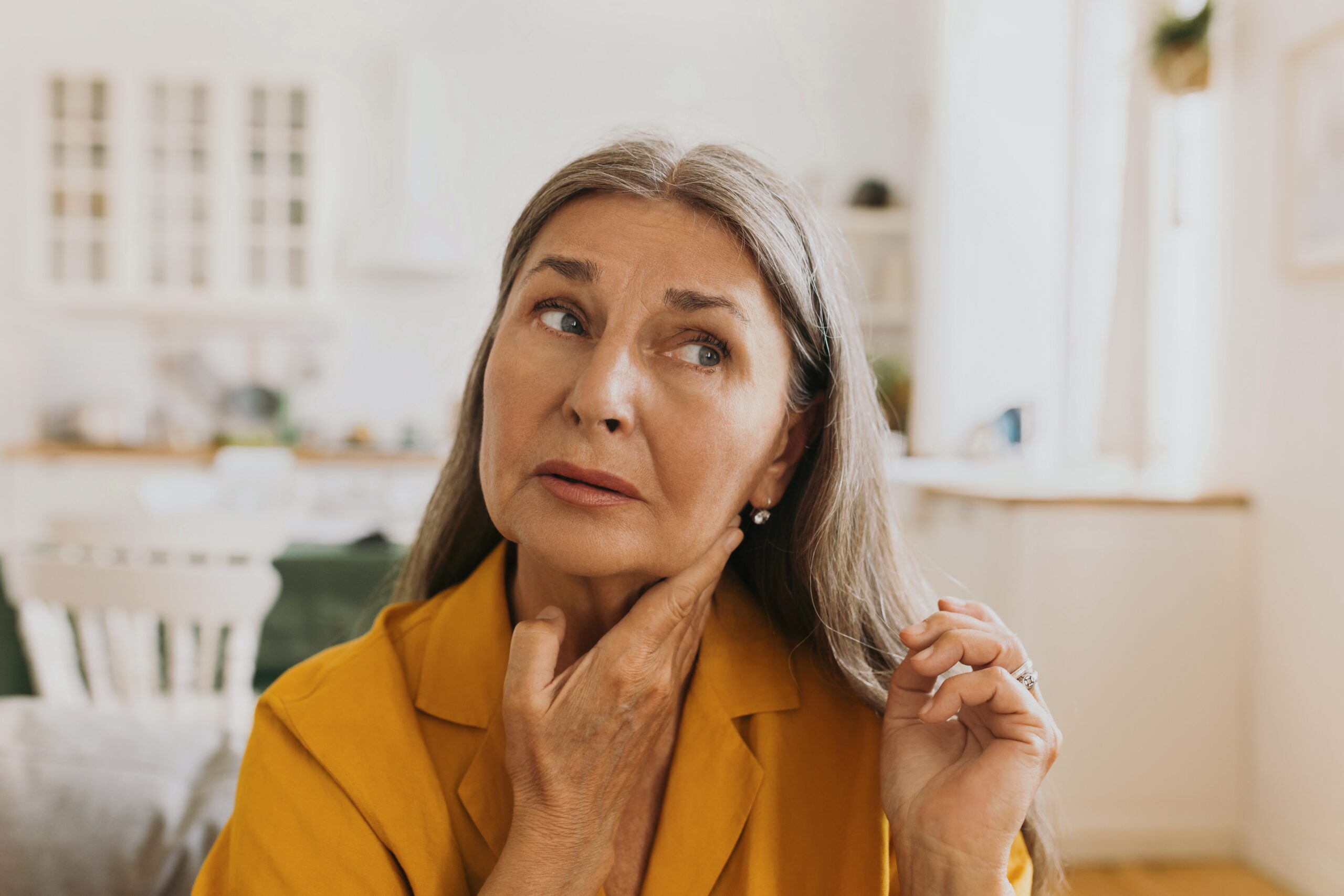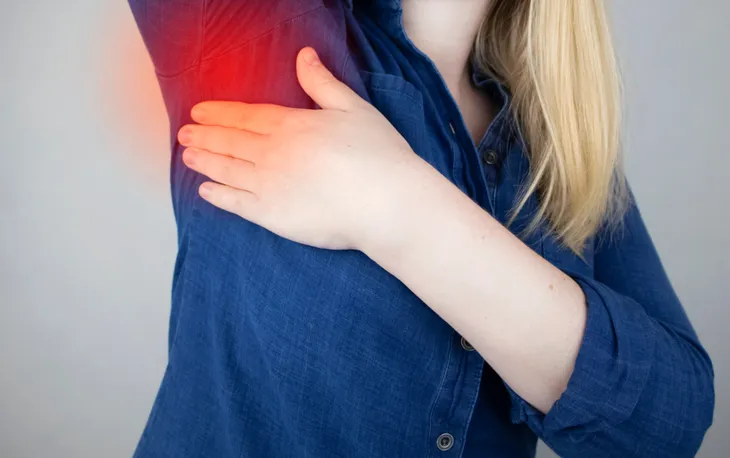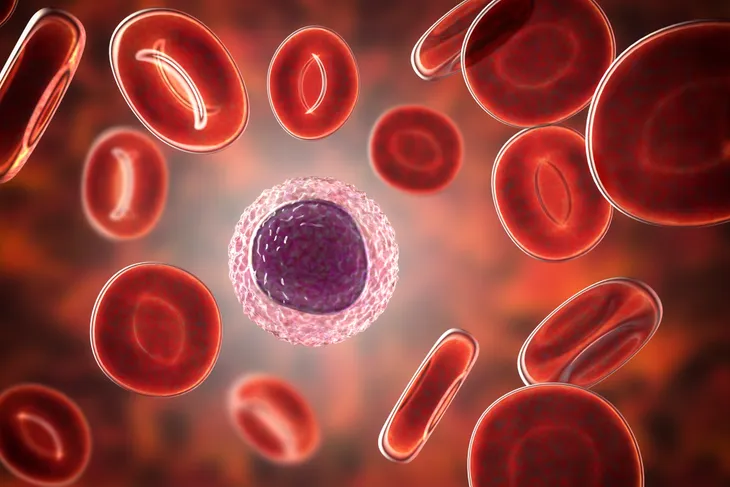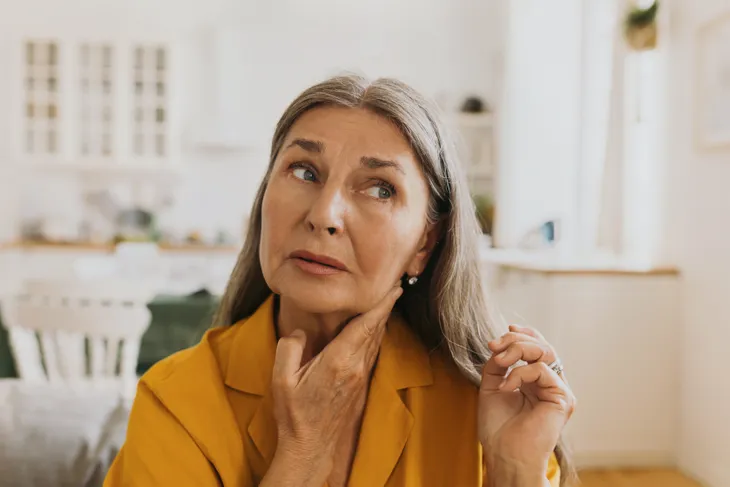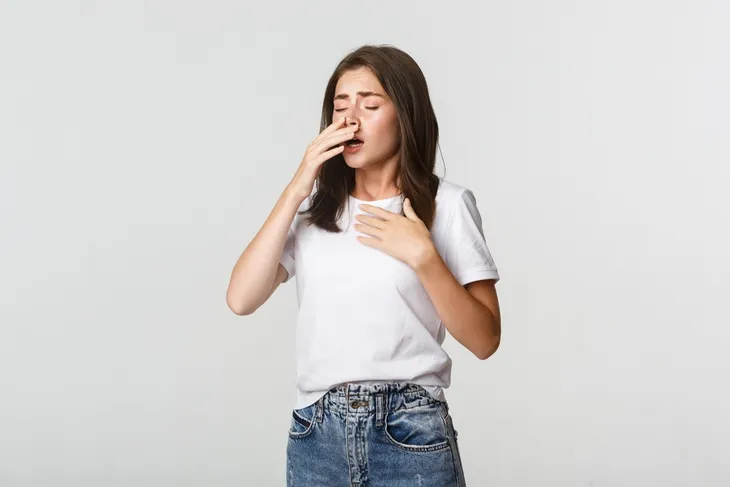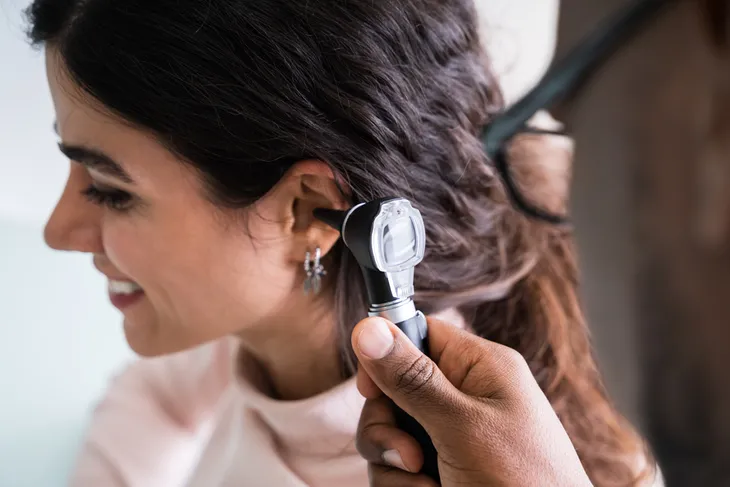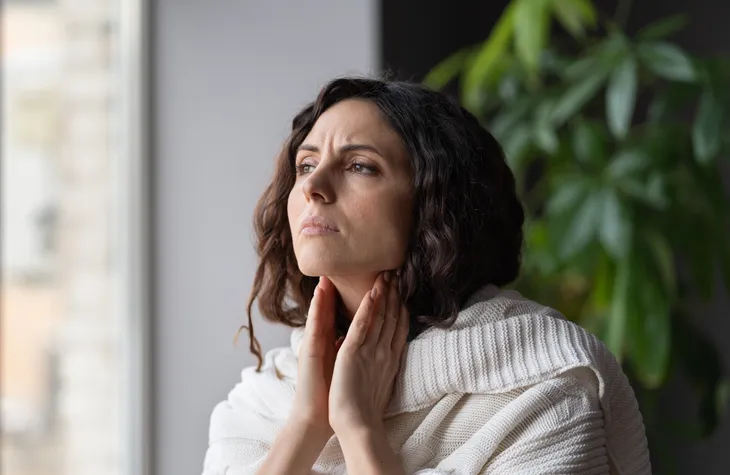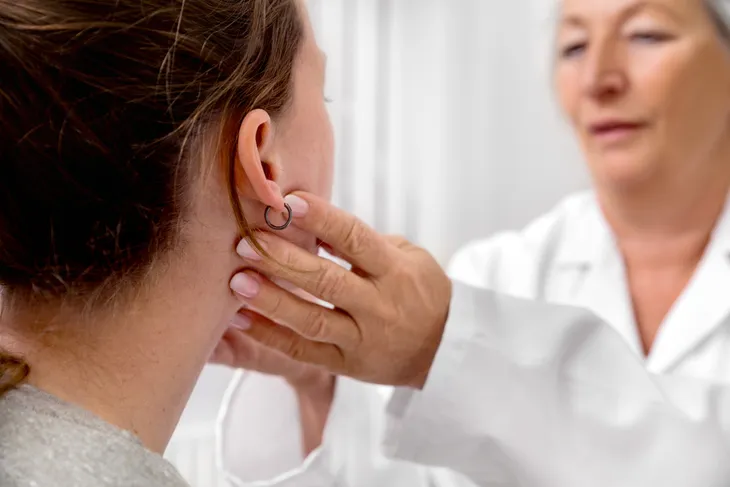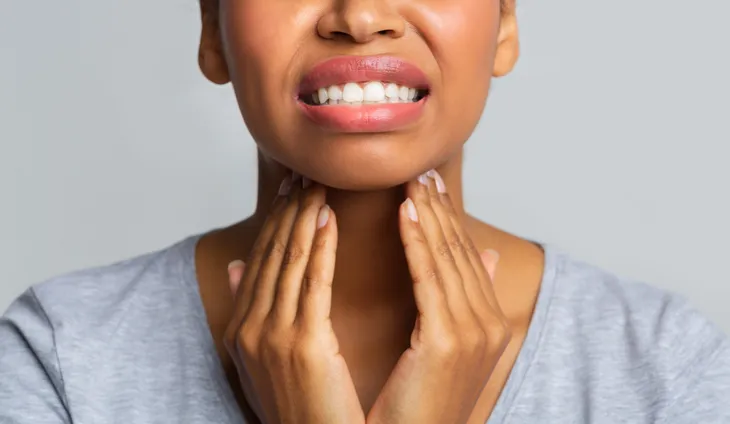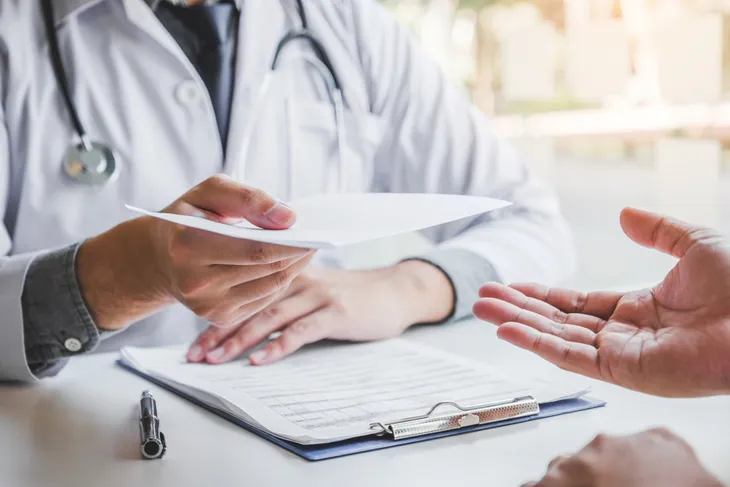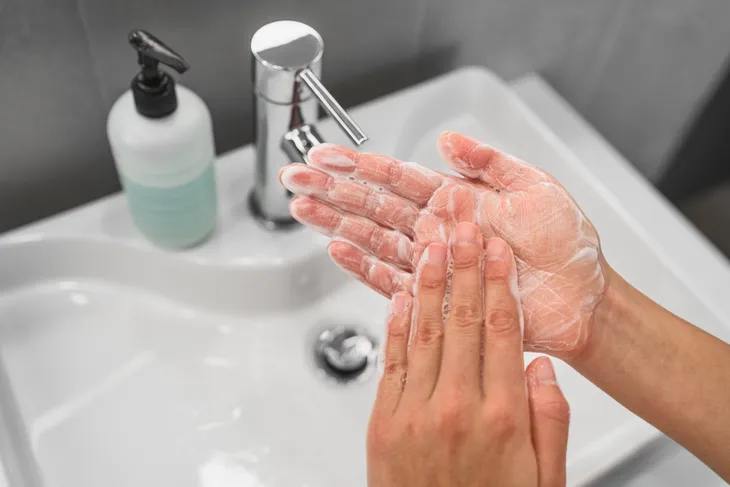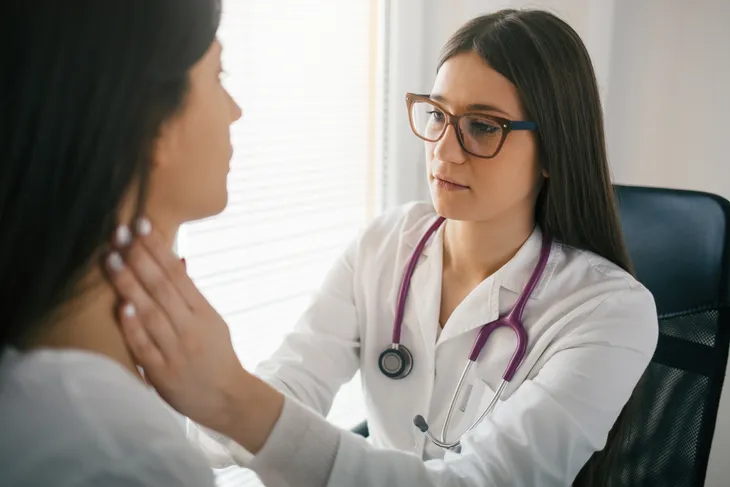- Lymph nodes are an important part of your body’s lymphatic system, which helps the immune system defend against infections.
- The body has lymph nodes in the groin, neck, collarbone, armpits, and beneath your jaw.
- Most cases of swollen lymph nodes are caused by viruses and bacteria, but there are some less common noninfectious causes.
- Treatment of swollen lymph nodes relies on treating the underlying cause.
The lymphatic system is a part of the immune system responsible for balancing body fluid levels and helping defend the body against infections. This body system includes vessels, ducts, the spleen, and lymph nodes. When your body is fighting off an infection, you may notice your lymph nodes become swollen.
Noticing new swollen lymph nodes can be alarming, especially if you’re not sure what’s causing it. While it can be the result of something mild like the common cold, it can also be caused by something more serious like cancer. Here’s a comprehensive look into swollen lymph nodes, including the common signs, possible causes, and what you can do about them.
What Are Lymph Nodes?
Lymph is a clear fluid that circulates through your lymphatic system, and lymph nodes are designed to filter this fluid. You’ll also find ample white blood cells inside your lymph nodes. While red blood cells are responsible for delivering oxygen to your body’s tissues, white blood cells work to eliminate any invading organisms, such as viruses or bacteria.
You can find lymph nodes just under the skin in a variety of places, such as your armpits, under your jaw, and above the collarbone. You also have lymph nodes on either side of your neck and groin.
Why Do We Have Lymph Nodes?
If you think of your immune system like the military (fighting against invaders), the lymph nodes function as a checkpoint. If anything comes through that isn’t supposed to be there, they’re stopped immediately, and the threat is promptly eradicated.
Unfortunately, while the lymph nodes are highly efficient at their jobs, the process can sometimes cause them to become too filled with the debris of bacteria, diseased cells, or dead cells. When this happens, the lymph nodes can become swollen.
Primary Symptoms of Swollen Lymph Nodes
The main symptom of swollen lymph nodes is when lymph nodes themselves become enlarged. This may feel uncomfortable, and there may be mild to moderate pain in the area affected.
For example, your neck may hurt or feel tight if the lymph nodes under your jaw or to the side of your neck become enlarged. Likewise, your armpits may hurt, and you may feel sore when moving your arms if the lymph nodes in your armpits are enlarged.
Additional Symptoms of Swollen Lymph Nodes
It’s common to experience other symptoms alongside swollen lymph nodes. Generally, these symptoms aren’t directly caused by the swollen lymph nodes but instead are signs that your body is fighting off an infection.
Coughing, sneezing, sore throat, and fever are very common when your lymph nodes are swollen. Other symptoms may include chills, body aches, a runny nose, and sweating. If the lymph nodes on either side of your groin swell, walking or bending over may be painful.
Infectious Causes of Lymphadenopathy
Infections are the most likely cause of swollen lymph nodes, also known as lymphadenopathy. Common viruses, such as flu, the common cold, and mononucleosis, can cause the lymph nodes to enlarge. Bacteria infections, such as strep throat, tonsillitis, and HIV, can also be to blame.
Infections of the skin, sinuses, or ears are among the primary culprits in throat lymph node swelling. Also, certain STIs can cause the lymph nodes in the groin to swell.
Noninfectious Causes of Lymphadenopathy
In rare cases, lymphadenopathy can be caused by serious issues, such as lupus, rheumatoid arthritis, and certain cancers. Cancers that spread throughout the body can cause the lymph nodes to enlarge, including lymphomas or leukemia.
It’s worth noting, noninfectious causes of swollen lymph nodes are likely more benign. For example, gingivitis, stress, and mouth sores are all potential noninfectious causes. If you’ve recently taken medication, swollen lymph nodes could indicate an allergic reaction. If an allergic reaction causes difficulty breathing or unconsciousness, you should call 9-1-1 right away.
How Can You Self-Check if Your Lymph Nodes Are Swollen?
You can self-check if your lymph nodes are swollen. First, identify where the lymph nodes are located, as explained in an earlier section. Then, firmly feel the area you want to check using two fingers and a circular motion.
If it hurts when you press the site, you should stop and get a doctor’s examination. When lymph nodes are swollen, you’ll feel a roundish swelling beneath the skin. If you notice your lymph nodes are enlarged, it’s a good idea to schedule a doctor’s appointment.
How Are Swollen Lymph Nodes Diagnosed?
A doctor will diagnose swollen lymph nodes based on a physical examination, your medical history, and your current symptoms. A physical exam usually consists of taking your vitals and feeling the area where your lymph nodes are located.
If an obvious cause can’t be identified, your doctor may order blood tests to check for certain diseases and infections. In some rare cases where lymph nodes are significantly enlarged, and a cause can’t be identified, imaging may be done of the swollen area.
Do You Need Treatment for Swollen Lymph Nodes?
Sometimes, swollen lymph nodes don’t need treatment and will resolve on their own. For example, when a virus is to blame, the lymph nodes will usually return to normal size once the virus has run its course. However, sometimes treatment is needed.
The treatment necessary will depend on the cause of the swollen lymph nodes. While some treatments can cause almost immediate relief within 24-hours, other treatments may take longer (even weeks) to resolve swollen lymph nodes.
Potential Treatment Options for Lymphadenopathy
Your doctor will likely prescribe antibiotics or antiviral medications if a bacteria or virus are to blame. Over-the-counter anti-inflammatory drugs may be recommended to help reduce swelling, and if that doesn’t work, prescription steroids are occasionally used.
If swollen lymph nodes are caused by cancer, chemotherapy may be required. Cases, where an autoimmune disorder is to blame, will require appropriate treatments such as immunosuppressants for the lymph nodes to return to their normal size. If allergies are causing lymphadenopathy, allergy medications may help. Ultimately, your doctor will determine the best treatment option for you.
Preventing Swollen Lymph Nodes
When preventing swollen lymph nodes is possible, you should take the same steps as you would in preventing viruses or bacterial infections. Remember to wash your hands frequently, including after using the bathroom, before eating, after eating, and anytime you come in contact with public surfaces. Hand sanitizer is a good alternative if you don’t have access to warm water and soap.
Another way you can prevent getting sick is by avoiding being around sick people whenever possible. It’s also important to avoid sharing food, drinks, and personal items, especially with sick individuals.
When to See a Doctor for Swollen Lymph Nodes
Most cases of swollen lymph nodes are harmless, and sometimes swelling will even clear up on its own. However, you’ll want to see your doctor if swollen lymph nodes appear alongside other worrying symptoms, such as a high fever or persistent cough.
If swollen lymph nodes make it difficult to breathe or swallow (which is very rare) you should seek immediate medical attention. Any time swollen lymph nodes are persistent or don’t clear up after about a week following the start of treatment, you should see your doctor.
